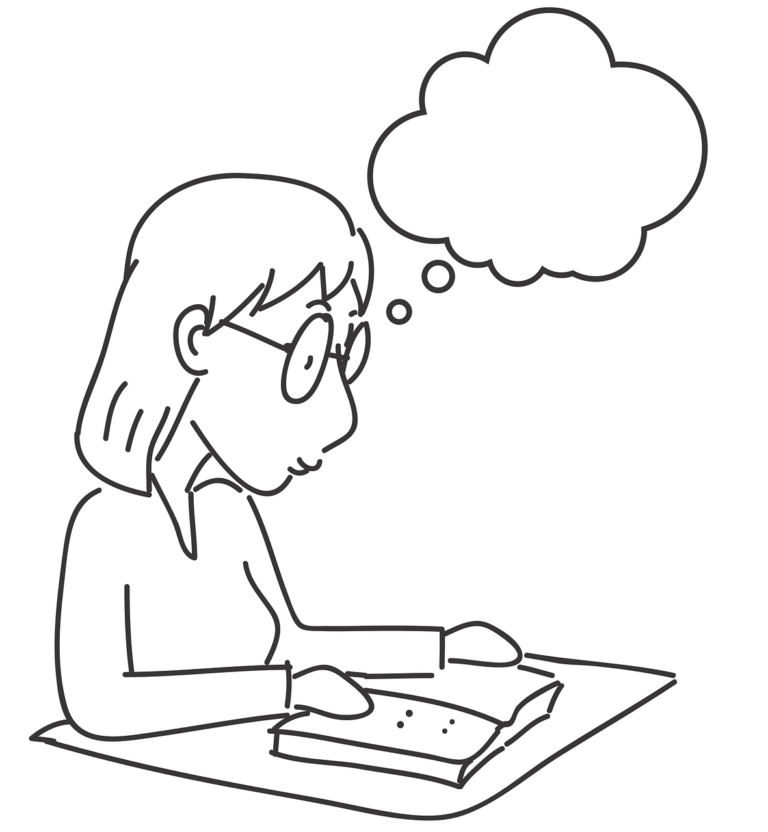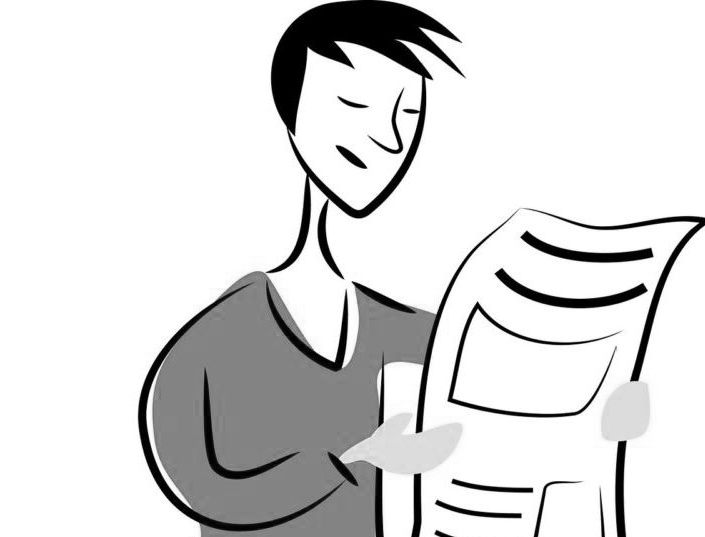Often regarded as the most unrecognized mental disorder in teens, social anxiety disorder can take many forms and manifest itself differently per person. Most parents and adults dismiss symptoms as merely shyness or teen angst that their children will eventually outgrow. However, social phobia, as the disorder is sometimes called, can grow worse if left untreated and be debilitating over time. Recognizing social phobia in teens is crucial for their transition to adulthood and you, as adults and parents, have the responsibility of ensuring that they get help. Here are several ways of recognizing symptoms of social phobia in teens:
1. Look out for extreme shyness or discomfort in your child when put in the center of attention.
First-time performers normally get stage fright but excessive discomfort, passivity, or inactivity when put on the spotlight should merit further investigation. Although most people will attribute this situation to most teenagers’ fear of embarrassing themselves in front of their peers, do not be complacent. Talk to your child about why he or she was unable to perform. Just remember to avoid using an accusatory tone to prevent putting your child on the defensive.
2. Observe your child’s academic performance.
When your straight-A child starts bringing home B or C-graded homework and exams, you immediately worry that something is wrong. But social phobia is not that obvious. In fact, social phobia leaves little clues like hesitance to recite in class, fear of being asked to report, or even downright refusing to be part of class activities. If possible, talk to your child’s teacher about these matters and ask him or her to inform you if your child exhibits these behaviors.
3. Keep track of your child’s friends or lack thereof.
You know it; teens will spend hours on the phone, go to parties, or hang out after school. Most teens will be part of a large group or at least have a couple of friends. But teens with social phobia often isolate themselves from other people or minimize contact. They would rather attend class without homework than ask a classmate about it. They often have trouble making eye contact, initiating or joining conversations, and being part of school organizations.
4. Check your child’s confidence level.
Most teens suffering from social phobia often doubt if they are good enough for other people or worry excessively about how others see them. Their fear of being ridiculed, boring, or rejected are basic in their minds and they often look for signs of negative perception in others. This negative attitude towards meeting other people are so pervasive in their minds that it can lead to low self-esteem and inferiority complex.
5. Take note of your child’s reaction to social situations.
People suffering from social phobia exhibit physical symptoms as well, especially if they are in a social situation like family gatherings or school functions. Signs to look out for include diarrhea, nausea, excessive sweating, heart palpitations, and shortness of breath. If your teen experiences any of these symptoms during or prior to a social event, he or she may be reacting to social phobia.
If your teen exhibit all or any of these symptoms, take him or her to a psychologist for a consultation and thorough examination. Chances are high that your child knows that his or her reactions to social activities are irrational but does not know where to ask for help.






